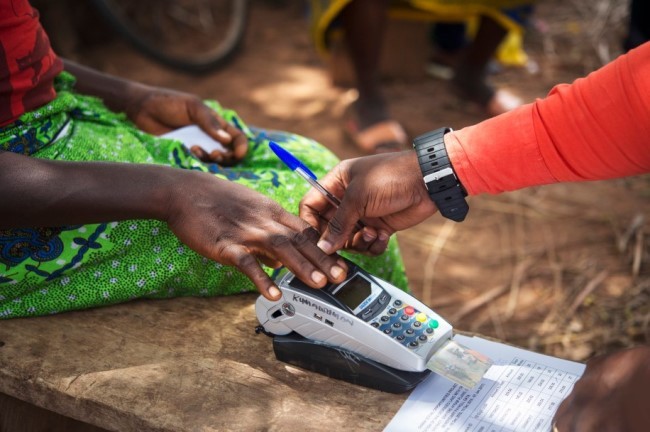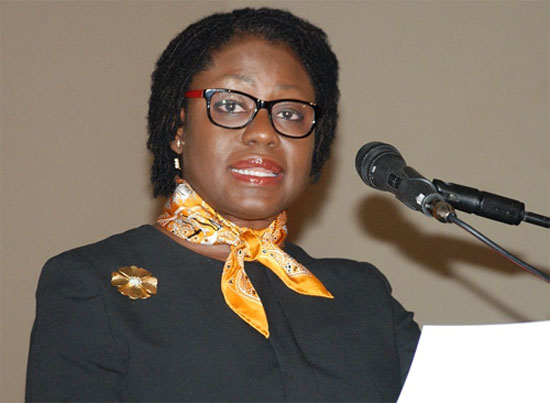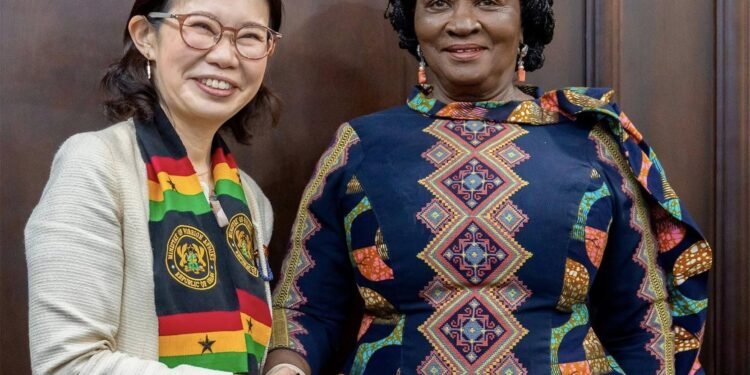Mrs. Elsie Addo Awadzi, Second Deputy Governor, Bank of Ghana, has stated that the future of financial services in Ghana is more digital than ever before. As such, she has called on policymakers and regulators to anticipate and catch up with the rapid disruptions. The disruptions according to her, continue to blur the fine lines between financial services and technology.
In her Opening Remarks at the joint AFW2/MCM Virtual Regional Workshop currently underway, Mrs. Awadzi highlighted that the banking sector still faces challenges that need urgent attention. She noted that addressing these challenges will help create an enabling environment that supports innovation in financial services delivery. At the same time, it will help contain systemic risks in the banking sector.
Also, she indicated that balancing the potential benefits and risks still remains a target. As a result, she stated that closer collaboration with domestic, regional, and international stakeholders is critical to achieving the right balance.
RelatedPosts
The Workshop under the theme “Building Fintech Resilience and Supervisory Capacity in West Africa” will run from April 6 – 8, 2021.
Dramatic increase in the use of digital financial services
Mrs. Awadzi stated that the ongoing pandemic has underscored the need for agility and adaptability in finding new ways of living and doing business. This virtual workshop, according to her, is one example of how the use of technology can transcend borders and restrictions in mobility.
Also, she indicated that the dramatic increase in the use of digital financial services amid the ongoing COVID-19 pandemic demonstrates their importance for promoting business continuity. Moreover, it also helps in expanding access to much-needed financial services.
“Technology has indeed become the biggest driver of change in the financial services sector. And is fast disrupting traditional models of product and service delivery. The use of technology in the provision of financial services has now become a necessity rather than an option”.
According to her, consumer demand and service providers search for more efficiency and operational continuity makes technology more indispensable.

Meanwhile, the Deputy BOG Governor noted that significant investments in technology help financial services’ providers to provide convenience and efficiency for customers. It also helps to expand access to finance for underserved and unserved segments of society. She cited the informal sector, women, youth, and other typically underserved groups as some examples.
Furthermore, she stated that Governments are not left out as they pursue digitization of economies. She explained that regulators are increasingly relying on more regulatory and supervisory technology to improve effectiveness. She noted that Central Banks including the Bank of Ghana are currently exploring the launch of Central Bank Digital Currency. This will further support the orderly development of the digital financial services landscapes.
Evolution of Ghana’s digital financial services
She indicated that Ghana’s digital financial services space has evolved since the early 2000s when banks began to roll out ATMs and a few web-based services. She highlighted the exponential growth in electronic money over the years, which she indicated is not only limited to Ghana but West Africa and across the entire region. This, according to her, is paving the way for a wide variety of digital financial services. This includes digital savings, credit, investment, micro insurance, informal sector pension products, and inward international remittance. Others include bill payments, merchant payments, health care, and Government social interventions including COVID-19 relief cash transfers.
Moreover, she stated that there are some 17.5 million active mobile money accounts in Ghana. according to her, mobile money transactions in 2020 alone amounted to GH¢ 571.8 billion (USD 99.67 billion). This, she noted, represented 84% growth from the value recorded in 2019. She added that there about 344,000 active mobile money agents as of December 2020.
Meanwhile, she indicated that Ghana’s regulatory framework for digital financial services has evolved over the last two decades. She indicated that this has supported the orderly development of the robust financial ecosystem in the country. She highlighted some notable milestones the Bank has attained under the regulatory framework. This includes the launch of a Regulatory Sandbox regime on February 25, 2021, and the publication of the Crowd Funding Guidelines on February 18, 2021.
RAED ALSO: A person’s data protection starts from the person- Dr. Adonoo























